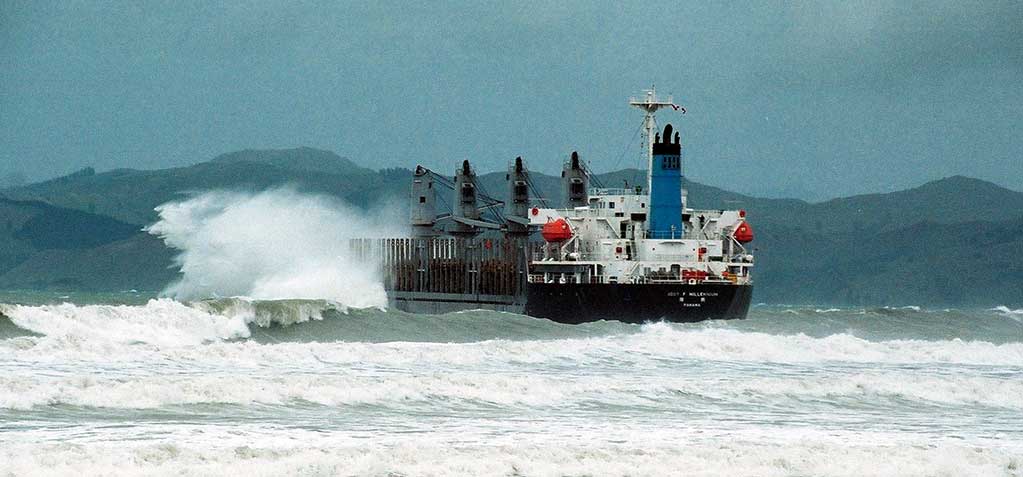Navigatus director, Kevin Oldham, reflects on risk management lessons learned from a brief stint as Gisborne harbourmaster.
An unintended consequence of the Managed Isolation and Quarantine (MIQ) system was that Gisborne District Council faced a gap between harbourmasters in late 2021. The harbourmaster was leaving and the new harbourmaster, Peter Buell, couldn’t get an MIQ spot to arrive and take up the position.
Previously Gisborne has gone without a harbourmaster at times. Recognising the risks, the outgoing harbourmaster, Sonny Ali, arranged for Navigatus to cover the gap remotely. The Hawkes Bay Harbourmaster, Captain Martin Moore, also assisted.
Continuity of service despite lockdowns
The Navigatus team identified access as a key issue given the risks of COVID lockdowns. We responded by selecting harbourmasters from a range of locations, so that someone could always travel to Gisborne when needed.
The plan immediately proved it’s worth, when Auckland continued in Level 4 isolation when the rest of the country went to Level 3. Navigatus Associate Adam Flaws, was able to travel from Northland, which was then at Level 3, the same level as Gisborne.
Kevin Oldham and Adam Flaws were the frontline harbourmasters, working on 2-week duties. In addition Navigatus had two backups, Duncan MacKenzie and Geraint Bermingham. Duncan and Geraint were able to provide specialist inputs. They were both warranted in case of illness or lockdowns preventing service from the duty harbourmasters.
Eventful
The duty, while brief, was eventful including:
- a crew member of a cargo ship jumping overboard while the ship was at anchor, seeking asylum
- a need to direct ships to leave the Poverty Bay anchorage due to an impending storm from an exposed quarter
- assessing resource consents for dredging activities at the port
Infra-gravity waves
A challenge for operations at Eastland Port is managing infra-gravity (IG) waves: long surges that can cause ships to range in their berths at times. In 2002 an IG event was proving unsafe to manage within the port. The log ship, Jody F Millennium, departed and subsequently grounded.

Lessons have been learned and our knowledge of IG events is much better than it was 20 years ago. Thanks to reliable long range forecasting provided by MetOcean Solutions and prudent actions by Eastland Port marine staff, IG events were well managed during our time in Gisborne.
Lessons learned
As a harbourmaster coming to grips with managing risks with an initially unfamiliar context, the experience reinforced to me how co-operation between the harbourmaster and port staff is important to get the safest outcomes. Port staff know their port, environs and risk controls best and that local knowledge is invaluable. The harbourmaster provides independent oversight and has a duty to question the norms and standards. This is exactly what the New Zealand Port & Harbour Marine Safety Code envisages as the foundation to good marine safety management of our ports and harbours.
About the Author – Kevin Oldham
Kevin Oldham is a director of Navigatus with a depth of experience in helping clients to achieve success in an uncertain context. Click on this link for Kevin’s profile.

Comments
No comments yet.